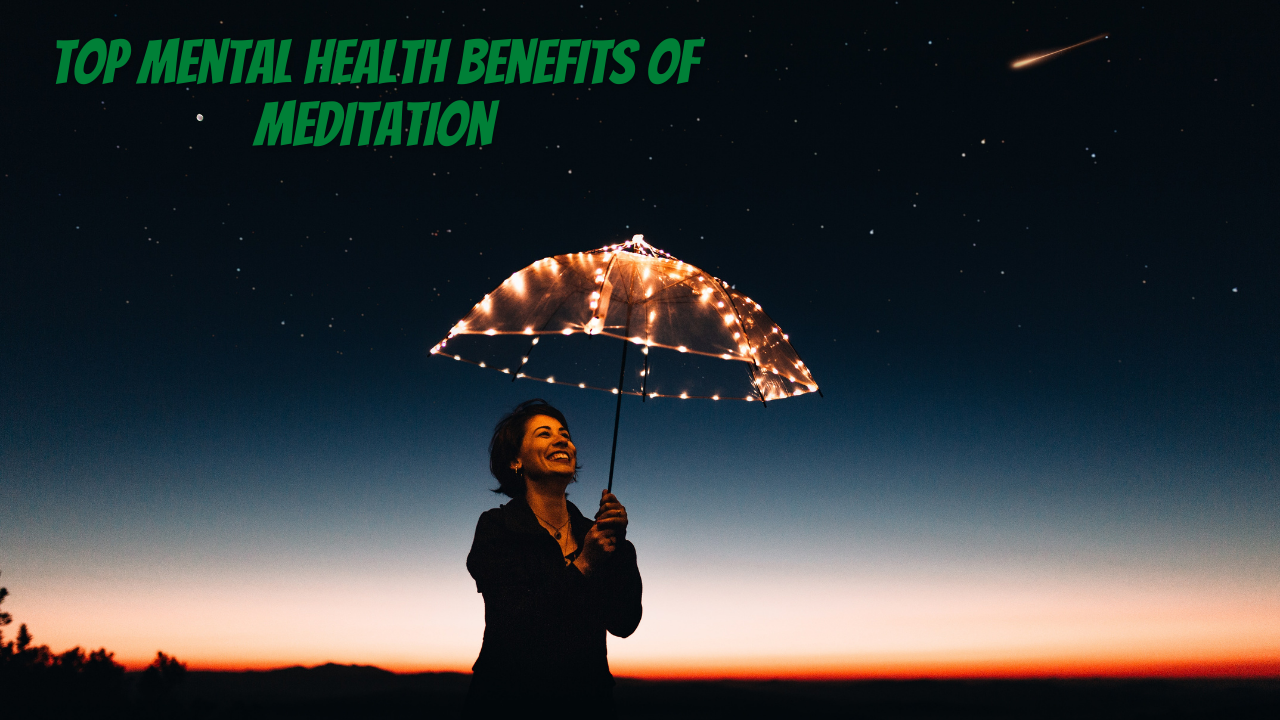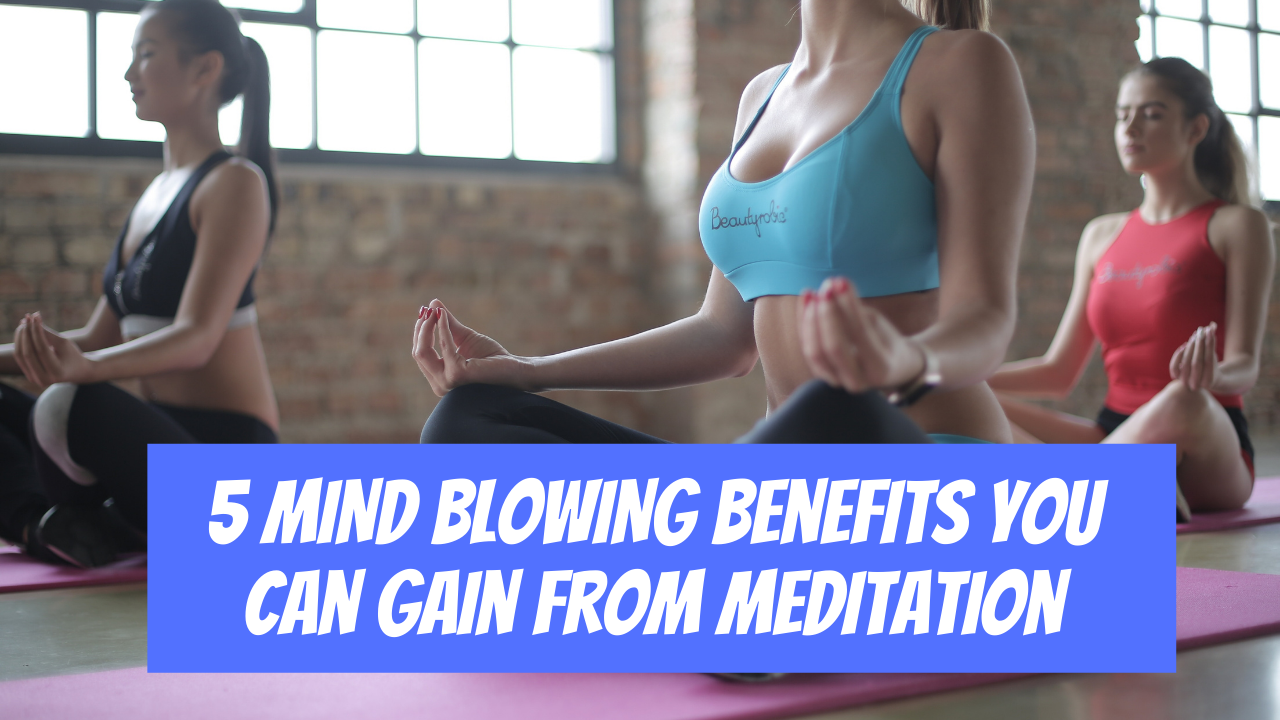Meditation
Unveiling the Purpose of Meditation

Meditation, a practice as old as human civilization itself, is now widely embraced in our bustling modern world. But why? What’s the purpose of meditation, and why has it stood the test of time, permeating through varied cultures and epochs? Let’s explore.
A Brief History of Meditation

Origins in Ancient Traditions
The roots of meditation stretch back thousands of years, to ancient India, China, and other Eastern cultures. Originally intertwined with religious and spiritual pursuits, meditation served as a tool for transcending ordinary reality, seeking spiritual enlightenment, and nurturing inner peace.
Meditation in Modern Times
Fast-forward to the present, and meditation has crossed the spiritual boundary to find its place in secular domains. Today, it’s lauded not just for its spiritual benefits but also for its tangible effects on mental and physical well-being.
The Core Purposes of Meditation

Achieving Mindful Awareness
The first and most immediate purpose of meditation is cultivating mindful awareness. It’s about being present, right here, right now, fully engaged with the moment at hand. Meditation invites us to hit pause on our hectic lives, slow down, and simply observe – our breath, our thoughts, our emotions, our sensations.
Cultivating Emotional Balance
Another key purpose is emotional balance. Life is a roller-coaster of emotions, and it’s easy to become overwhelmed. Meditation encourages us to experience our emotions without judgement or resistance, fostering equanimity and resilience in the face of life’s ups and downs.
Enhancing Self-understanding
By quieting the external noise, meditation allows us to hear our inner voices more clearly. It enhances self-understanding and introspection, helping us explore our minds, recognize habitual thought patterns, and unravel the layers of our consciousness.
Connection to a Higher State of Consciousness
For some, the purpose of meditation extends beyond the self, toward a quest for a higher state of consciousness or spiritual awakening. It’s about transcending the limitations of the individual ego and experiencing a sense of oneness with all existence.
The Physical and Psychological Benefits of Meditation

Physiological Impact of Meditation
Research has unveiled numerous physiological benefits of meditation. It can lower blood pressure, boost the immune system, enhance brain function, and even alter brain structures related to attention, empathy, and self-regulation.
Psychological and Emotional Benefits
On the mental front, meditation can reduce stress, anxiety, and depression. It fosters mental clarity, focus, and creativity, enhances emotional intelligence, and promotes a sense of peace and contentment.
How to Meditate: A Simple Guide
Meditation might seem daunting, but it’s actually quite simple. Start by finding a quiet place where you won’t be disturbed. Sit comfortably, close your eyes, and start focusing on your breath – its rhythm, the sensation of air entering and leaving your nostrils. Your mind will wander – that’s perfectly normal. Whenever you notice it, gently bring your attention back to your breath. Begin with a few minutes daily and gradually increase the duration.
Conclusion
So, what is the purpose of meditation? It’s a tool for mindfulness, emotional balance, self-understanding, and perhaps even for connecting with a higher state of consciousness. But at its heart, meditation is a journey of self-discovery, a practice of tuning in rather than tuning out. It’s not about eliminating thoughts or emotions, but about changing our relationship with them. As we meditate, we learn to navigate the waves of life with grace, courage, and wisdom.
Frequently Asked Questions
- Is meditation a religious practice? Meditation has roots in religious and spiritual traditions, but it’s also a secular practice. It’s used for mental and physical health benefits and doesn’t require adherence to a specific belief system.
- How long should I meditate each day? There’s no one-size-fits-all answer. For beginners, starting with just a few minutes a day can be beneficial. As your comfort with the practice grows, you can gradually increase the duration.
- Is there a right or wrong way to meditate? The essence of meditation lies in the awareness, not the technique. If you’re fully present, you’re meditating correctly. Don’t worry about getting it “right”. It’s more important to maintain a consistent practice.
- I can’t stop my mind from wandering during meditation. Am I doing it wrong? Not at all! Mind-wandering is completely natural. The goal isn’t to suppress thoughts but to notice when your mind has wandered and gently bring your attention back.
- Can meditation have negative effects? Generally, meditation is safe and beneficial. However, in rare cases, individuals may experience increased anxiety, emotional discomfort, or other negative effects. It’s recommended to seek guidance from a qualified teacher, particularly if you have a mental health condition.
Meditation
The Top Mental Health Benefits Of Meditation.

The top mental health benefits of meditation – This video will show you what the benefits of mediation are to your health. By knowing the Health Benefits of Mediation, it may help you decide if you want to start practicing meditation and make it a regular part of your life. Subscribe to our channel here https://bit.ly/3myEQIh.
Get The Meditation For A Complete Beginner Guide – https://naturecalmsyou.com/product/co…
Master Meditation Here – https://bit.ly/3qrahXv
Sound Healing = Sound healing is gaining popularity these days as a growing number of people see and experience its benefits. In fact, a lot of celebrities have been raving about it. The thing is, the sound has always been around since the world began—our ancestors have used it in so many ways, and one of them is to heal. Check it out here – https://bit.ly/3o3ADgl
Meditation
5 Mind-Blowing Benefits You Can Gain From Meditation

This video features 5 mind-blowing benefits you can gain from meditation. These benefits are shocking. The video will go through and explain why medication can be an important tool to help you both physically and mentally.
One of those five is properly managing stress. This is very important. Short term stress can be okay, however long-term and consistent stress can be very damaging to you mentally and for your health.
It’s important that we all seek medical attention when we are in these situation and also look for ways such as Meditation to assist and help calm our daily stress, so that we can be the happiest version of ourselves as possible.
Watch This video on the 5 mind-blowing benefits you can gain from meditation.
-

 Forest & Woodland9 months ago
Forest & Woodland9 months agoUnderstanding nature preserves
-

 Forest & Woodland9 months ago
Forest & Woodland9 months agoWhich State Has the Most National Parks: A Deeper Exploration
-

 Forest & Woodland3 years ago
Forest & Woodland3 years ago5 national parks that are a hikers heaven
-

 Sound Healing3 years ago
Sound Healing3 years agoWhat is binaural beats healing?
-

 Forest & Woodland3 years ago
Forest & Woodland3 years agoRelaxing Woods Music – 8 hours of relaxing music and nature sounds.
-

 Nature Sounds3 years ago
Nature Sounds3 years ago10 hours of relaxing sound of a stone mountain stream
-

 Campfire Videos3 years ago
Campfire Videos3 years ago3 Hours Of Relaxing Fire Burning In the Fireplace Video
-

 Forest & Woodland9 months ago
Forest & Woodland9 months agoUnderstanding the Elements of Nature




